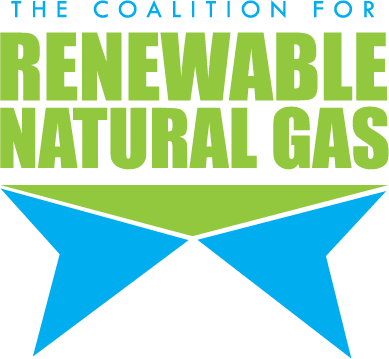By Lizzie Johnson, San Francisco Chronicle
Mayor Ed Lee on Thursday set a new goal for San Francisco — that at least 50 percent of the city’s electricity come from renewable sources by 2020. That’s 10 years ahead of the target the state has set for itself.
“At a time when the federal government is rolling back environmental regulations, we are pushing forward in San Francisco, setting one of the most ambitious clean energy targets of any major city in the U.S.,” Lee said.

